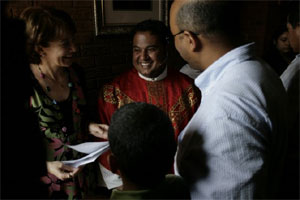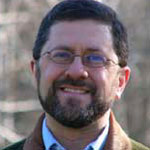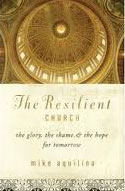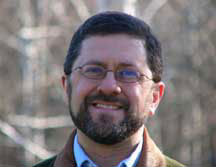Show 11 – The Truth About Abortion part 2
This is a program which contains a very powerful description of what abortion really is, how it is done, and the effects on the woman and child. It’s important to speak out and describe this evil; “Silence in the face of evil is itself evil: God will not hold us guiltless. Not to speak is to speak. Not to act is to act.” – Dietrich Bonhoeffer
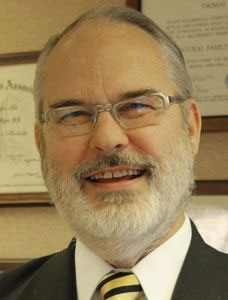
“Your Fertility Care Consult”
with Dr. Thomas Hilgers, founder of the Pope Paul VI Institute
for The Study of Human Reproduction
hosted by Kris McGregor
Podcast: Play in new window | Download (Duration: 28:00 — 25.6MB) | Embed Subscribe: Apple Podcasts | Spotify | Amazon Music | Android | Pandora | iHeartRadio | JioSaavn | Podchaser | Gaana | Podcast Index | Email | TuneIn | Deezer | Anghami | RSS | More
listen to the entire series at Dr. Hilger’s Discerning Hearts Page
The Pope Paul VI Institute, founded in 1985 by Thomas W. Hilgers, MD, is internationally recognized for its outstanding achievements in the field of natural fertility regulation and reproductive medicine — 30 years of scientific research and educational program development; allied health professional education programs for couples and professionals; professional, caring, and morally acceptable patient services. The Pope Paul VI Institute for the Study of Human Reproduction is building a culture of life in women’s health care through its major developments — Creighton Model FertilityCare System and NaProTechnology.

